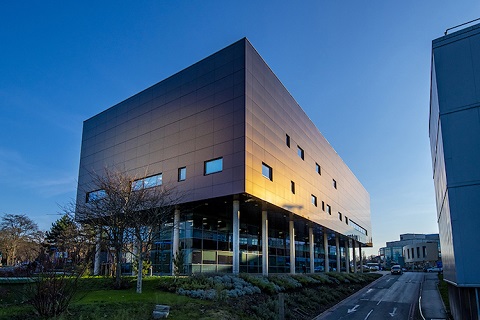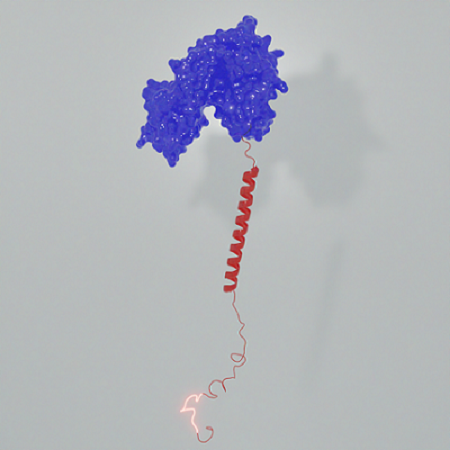Scientists unlock new information on how cancer evades our immune system

Scientists at the University of Southampton have gained new insight into how tumours avoid being destroyed by the immune system.
Immune cells have four receptors on them to recognise and respond to disease and infections in the body.
One of them however – the human Fc gamma receptor IIB (hFcγRIIB) – can prevent antibodies from giving the immune system the boost it needs to find and fight cancer.
The study, published in Cell Reports, showed that hFcγRIIB does this by competing with the other three activating receptors, rather than reducing the activity of antibodies (negative signalling), as previously thought.
This new understanding of how the receptor works is important to improve the activity of the antibody drugs in the clinic, the researchers say.
The study involved collaborators in academia, biotech and large pharma.

The Southampton team generated new experimental models to examine the importance of negative signalling in reducing the activity of anti-cancer antibody drugs. They showed that hFcγRIIB was equally good at reducing antibody therapy even when it could not carry out negative signalling. They went on to show that they could improve antibody killing of the cancer cells by specifically blocking hFcγRIIB with another antibody drug.
''Image of FcgRIIB produced in Blender 3.1 using the Cycles rendering engine. The PDB used was from the EBI/AlphaFold database (entry P31994) with further modifications in Coot.” - Credit Chris Orr

Professor Mark Cragg, of the Centre for Cancer Immunology at the University of Southampton, said: “Although the clinical approval of new antibody drugs is continually increasing, many patients remain unresponsive or become resistant to treatment. Therefore, developing new strategies that are able to provide better therapy and/or overcome these resistance mechanisms is key.
“This study has given us new information which we can use to improve how we engineer antibodies and antibody treatments to help more people fight cancer.”
Bjorn Frendeus, CSO, BioInvent, commented: “Understanding how immune receptors regulate the activity of powerful antibody drugs is critical to improving cancer outcome. Based on herein and earlier data, clinical trials are ongoing to explore if hFcγRIIB blockade can help overcome resistance and enhance activity of antibodies relevant to blood or solid cancers such as rituximab, nivolumab and herceptin.”
The study was funded by Blood Cancer UK, Cancer Research UK, BioInvent international and GSK.
For further information and interview requests, please contact the University of Southampton press office at press@soton.ac.uk.